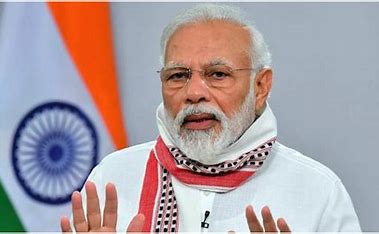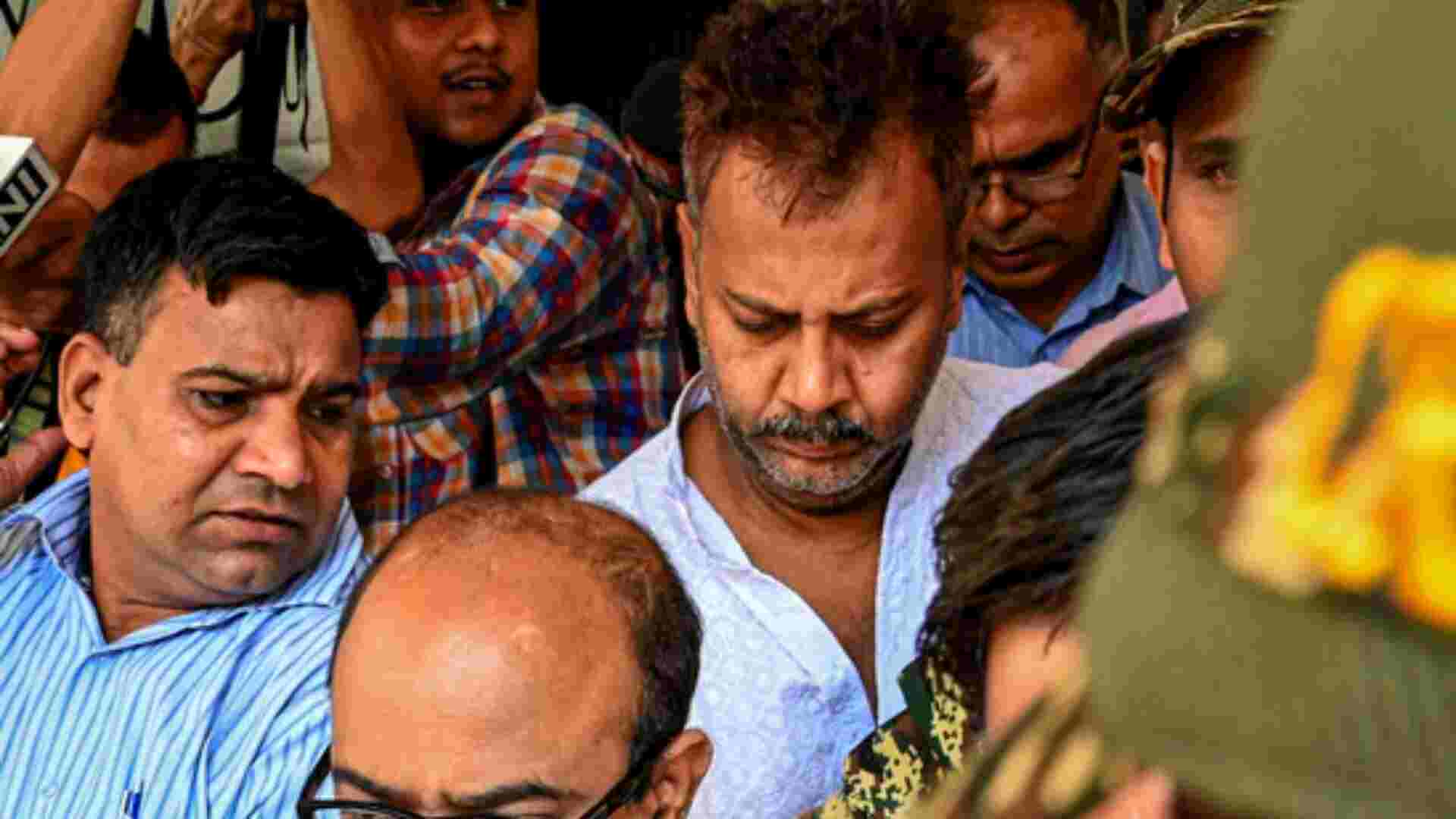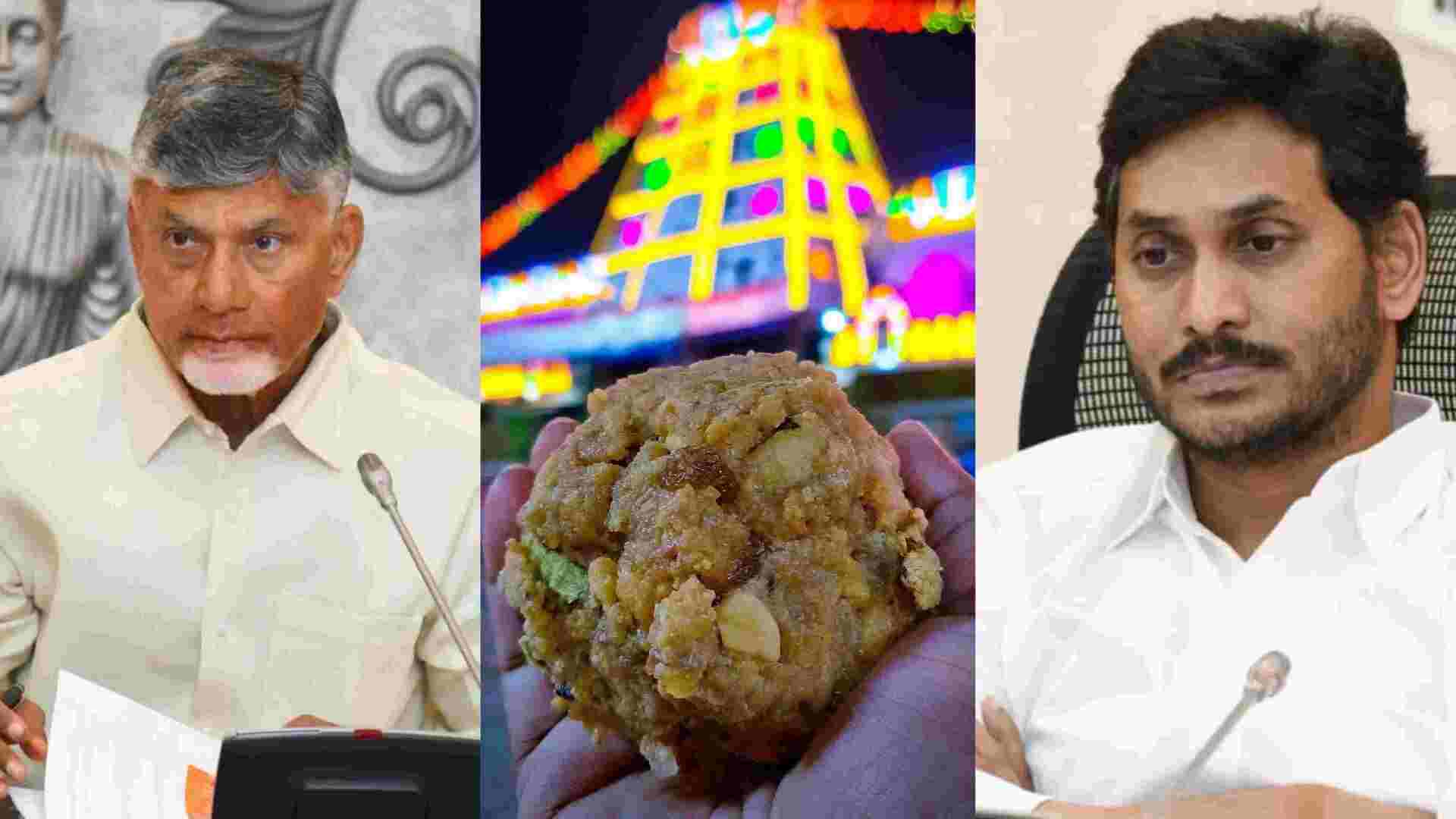The child, it is said, is the father of the man. Mahatma Gandhi’s childhood experiences with his family were substantially responsible for making him the man he became which included a certain seminal incident involving his father, Karamchand Gandhi.
As Gandhi recounts in his autobiography The Story of My Experiments with Truth one such episode with his father demonstrated for him at an early age the power of Ahimsa or nonviolence.
Gandhi’s elder brother was in debt and although it was not young Mohan’s obligation to clear the debt as such, it troubled him greatly, and he thought hard of a way to pay back the creditor. After a great deal of thought, he devised a plan whereby he could pay off the debt. His brother possessed a golden armlet of some considerable value given to him by his father. It appeared to have a sophisticated design whereby links could be added or detached according to the thickness of the arm.Mohan or Monia, as he was affectionately called by members of his family removed a small piece that would be sufficient to pay off the debt. After young Gandhi had paid off the debt, he began to feel guilty and realised that he had done something wrong. Although the armlet was his brother’s it had been given to him by their father, and pondering over the matter he came to the conclusion that it was wrong of him to have taken it without his parent’s permission. The more he thought about it, the more he became convinced that he had committed a serious transgression, that of theft. At length, he decided to make a confession to his father.
He didn’t think he would have the courage to speak out what he had done –a diffidence in speechthat would continue for many years – and so he decided to write out the confession of having committed theft on a piece of paper.
If we stop to think about it, wasn’t this young boy who would go on to do great things judging himself too harshly? Was it really ‘theft’?After all he hadn’t taken a piece of the gold armlet for personal profit or benefit of any kind. His intentions could not be faulted in any way which were to simply to get rid of his brother’s debt, and in a way restore the family’s honour.
When he handed over his written confession to his father, he did so with a trembling heart conscious of the immense hurt that he would cause his parent. His expectation was that he might receive a punishment that could range from a scolding to a beating. As it happened, his father Karamchand Gandhi was deeply moved by his son’s confession. Young Mohan had been expecting punishment of some kind, but there was none at all.
Instead his father appears to have been so moved by the boy’s purity that he actually wept. Tears that fell from his eyes, which affected Gandhi deeply. The father-son relationship strengthened immeasurably as a consequence of this incident.
In his autobiography, Gandhi writes as follows: ‘He read it through, (the confession) and pearl drops trickled down his cheeks, wetting the paper. For a moment, he closed his eyes in thought and then tore up the note. He had sat up to read it. He again lay down. I also cried. I could see my father’s agony. If I were a painter, I could draw a picture of the whole scene today. It is still so vivid in my mind. Those pearl drops of love cleansed my heart and washed my sin away. Only he who has experienced such love can know what it is.’ The Mahatma goes on to observe: ‘This was for me, an object lesson in Ahimsa. Then I could read in it nothing more than a father’s love, but today I know that it was pure Ahimsa. When such Ahimsa becomes all embracing, it transforms everything it touches. There is no limit to its power.’
When Gandhi became the Father of the Nation, a term coined for him by Subhash Chandra Bose that other great Indian patriot, he influenced millions of lives not only in India but across the world. But he himself was influenced by his father’s kind forgiveness and compassion for an action for which hehad anticipated severe punishment. Had Karamchand, Gandhi’s father behaved differently, he may have altered the course of his son’s life, and consequently of this nation’s.
These days there is much talk about the importance of parenting skills and there are even books written on the subject. Compassion and kindness, though not overindulgence, will always remain important attributes of successful parenting. The child, it is said, is the father of the man, but equally it can be said that a father influences what kind of a man his son becomes.














